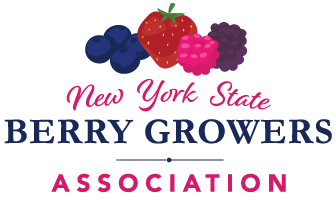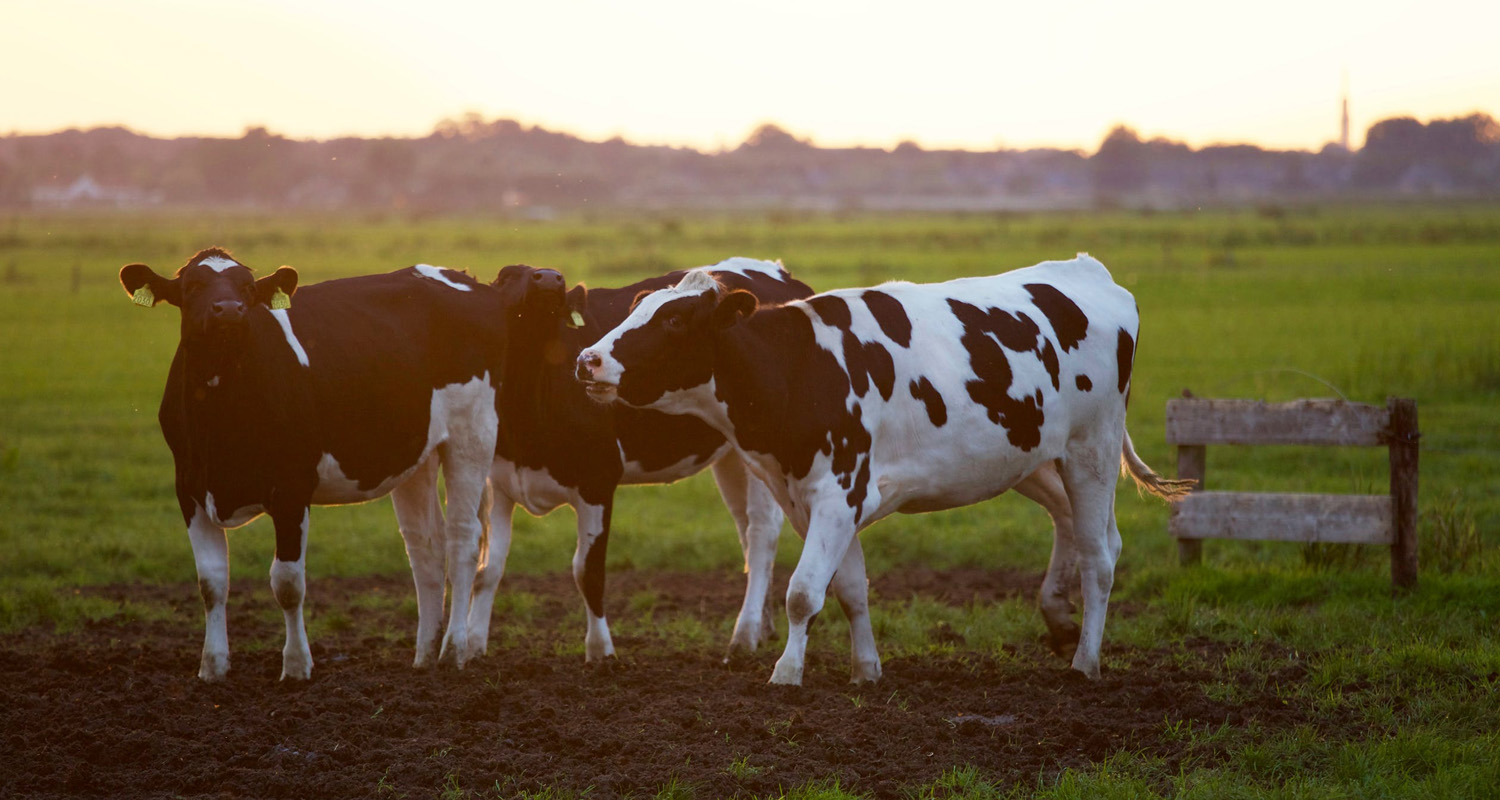By American Farmland Trust
American Farmland Trust (AFT), the Agricultural Viability Alliance, and a national coalition of agricultural organizations, service providers, non-profits, businesses, lending institutions, and government entities, today sent a letter to leadership of the House and Senate Agriculture Committees calling for dedicated funding for business technical assistance and farm viability in the upcoming Farm Bill.
“As you begin the process of developing a new Farm Bill,” the letter, signed by over 135 organizations, writes, “[we] urge you to include dedicated funding for one-to-one business technical assistance for small and midsized farm and food businesses. These investments in farm viability are critical to achieving a more just, secure, resilient food supply chain, growing our rural economies, and helping farmers and food businesses weather periods of uncertainty, high input costs, and market disruptions.”
“Congress begins work on a new Farm Bill at a time when the agricultural economy and food system face a number of urgent, overlapping challenges,” said Tim Fink, Policy Director for AFT. “From historic inequities and systemic barriers for underserved producers, to rising input costs and vanishing margins, to generational transfer of farmland – business technical assistance has proven an effective and cost-efficient way of addressing these challenges and building capacity on the ground.”
The call for dedicated Farm Bill funding builds on work that AFT, in partnership with the Agricultural Viability Alliance (the Alliance), began in 2021 requesting USDA to set aside a portion of Coronavirus relief funding for one-to-one business technical assistance. More than 110 organizations joined AFT and the Alliance in urging USDA to prioritize this type of technical assistance to small and mid-sized farm and food businesses. In addition, 50 Members of Congress similarly encouraged USDA to support business technical assistance. USDA responded to this request with its establishment of two new initiatives: the Farm Service Agency’s Increasing Land, Capital, and Market Access Program, and the Agricultural Marketing Service’s Regional Food Business Centers.
“The entrepreneurs we serve face barriers to becoming financially viable, so we support them to develop financial management skills, access capital and land, and build resilient businesses,” said Benneth Phelps, Executive Director of the Agricultural Viability Alliance. “We do this by providing information, training, skill-building, and capital, within a carefully crafted ecosystem of support, and funding for this work in the Farm Bill is critical.”
Business technical assistance covers a wide range of one-to-one services offered to farm and food businesses by nonprofit organizations, state agencies, private consultants, and extension services. Customized to meet the unique needs of individual businesses, these services include coaching, skill development, and planning related to financial and labor management, marketing and business strategies, farm transfer and succession, and access to land and capital. BTA has proven effective at creating jobs and supporting local economies. This work is also critical to addressing historic and systemic barriers facing farmers and food entrepreneurs of color, who have been structurally denied opportunities to access capital, land, technical support, USDA programs, and broader professional advancement for generations.




